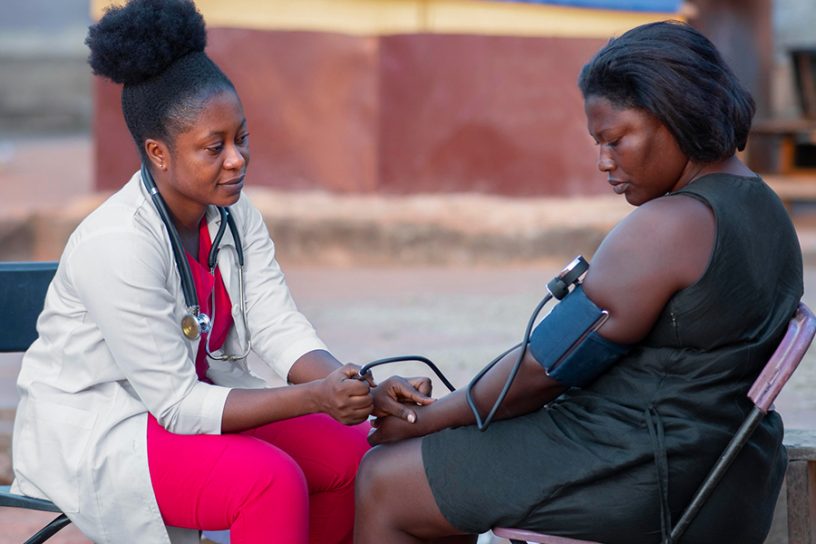
The results indicate a favourable impact of economic freedom on health outcomes.
Author
Anand Sharma, Associate Professor O.P. Jindal Global University, Sonipat, Haryana, India.
Summary
The purpose of this study is to examine the impact of economic freedom on four key health indicators (namely, life expectancy, infant mortality rate, under-five mortality rate and neonatal mortality rate) by using a panel dataset of 34 sub-Saharan African countries from 2005 to 2016.
Methodology
The study obtains data from the World Development Indicators (WDI) of the World Bank and the Fraser Institute. It uses fixed effects regression to estimate the effect of economic freedom on health outcomes and attempts to resolve the endogeneity problems by using two-stage least squares regression (2SLS).
Findings
The results indicate a favourable impact of economic freedom on health outcomes. That is, higher levels of economic freedom reduce mortality rates and increase life expectancy in sub-Saharan Africa. All areas of economic freedom, except government size, have a significant and positive effect on health outcomes.
Research Implications
This study analyses the effect of economic freedom on health at a broad level. Country-specific studies at a disaggregated level may provide additional information about the impact of economic freedom on health outcomes. Also, this study does not control for some important variables such as education, income inequality and foreign aid due to data constraints.
Practical Implications
The findings suggest that sub-Saharan African countries should focus on enhancing the quality of economic institutions to improve their health outcomes. This may include policy reforms that support a robust legal system, protect property rights, promote free trade and stabilise the macroeconomic environment. In addition, policies that raise urbanisation, increase immunisation and lower the incidence of HIV are likely to produce a substantial improvement in health outcomes.
Originality
Extant economic freedom-health literature does not focus on endogeneity problems. This study uses instrumental variables regression to deal with endogeneity. Also, this is one of the first attempts to empirically investigate the relationship between economic freedom and health in the case of sub-Saharan Africa.
Published in: International Journal of Social Economics
To read the full article, please click here.


